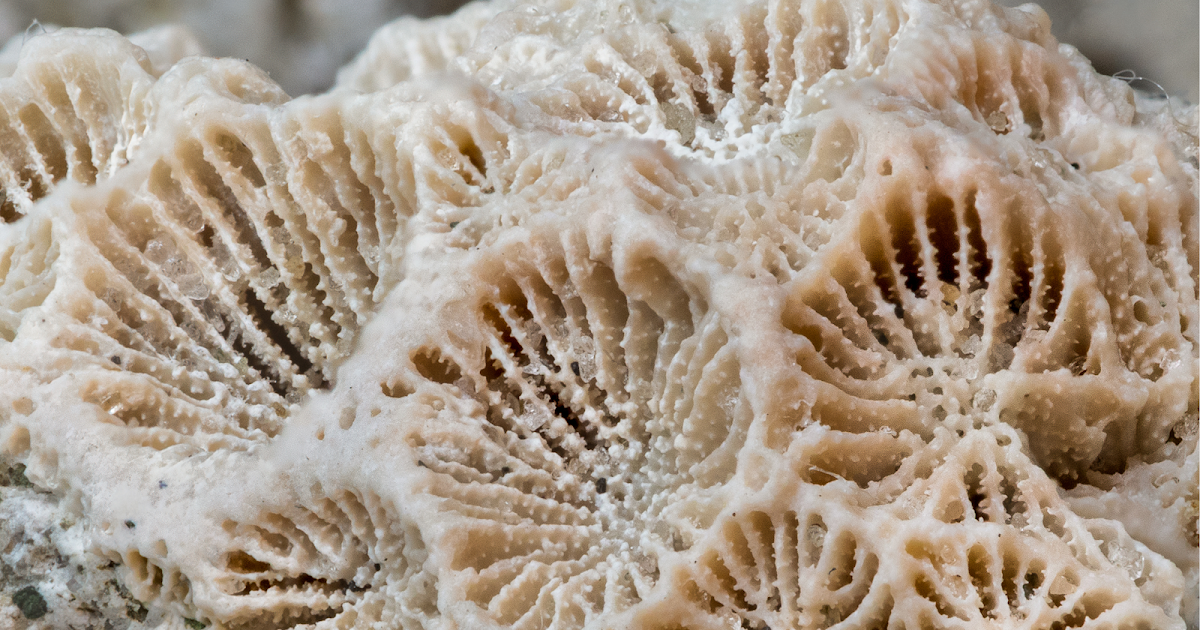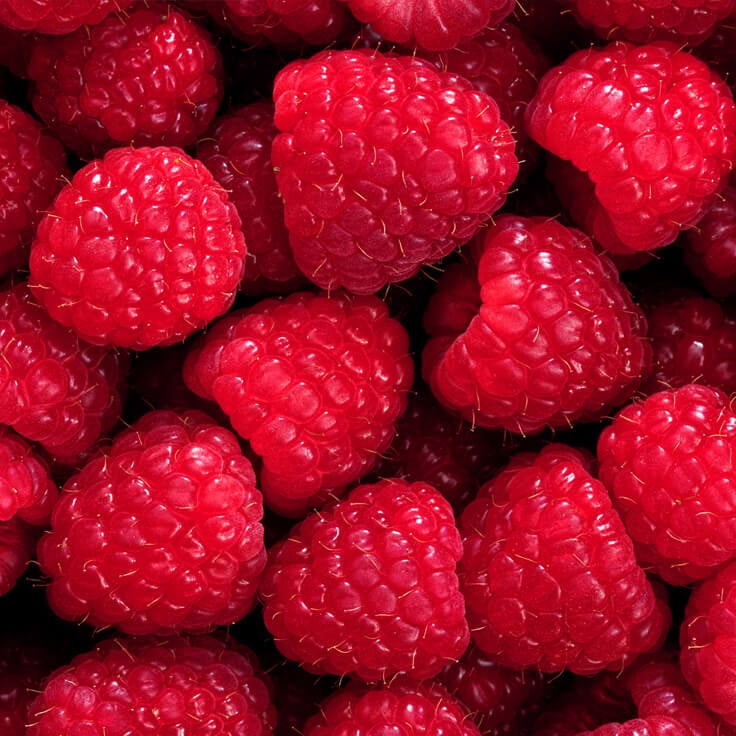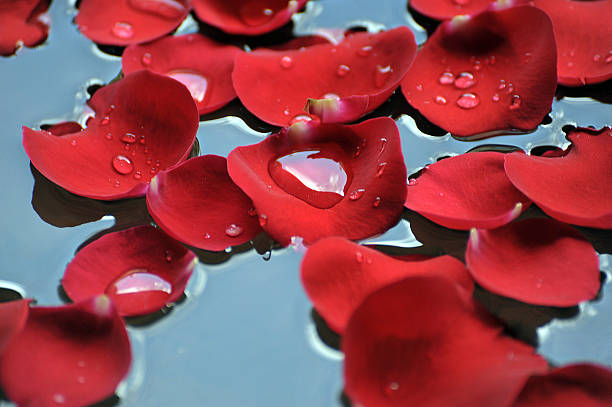
Coral and How It Helps Acne
What is above-sea fossilized, Coral?
Above sea fossilized coral, also known as coral fossil, is a type of coral that has been preserved as a fossilized mineral. It is coral that was once part of living coral reefs but has undergone a process of fossilization, turning it into a stone-like material. Unlike live coral, which is soft and comprised of living organisms, above-sea fossilized coral is a mineralized form that is no longer biologically active.
Above-sea fossilized coral is sometimes used in cosmetics and skin care products, primarily for its potential exfoliating and skin-brightening properties. Here's how it may be incorporated into cosmetics:
- Exfoliation: Fossilized coral is a natural exfoliating ingredient. When finely ground, it can be added to facial scrubs, masks, or exfoliating cleansers. The abrasive texture of fossilized coral can help remove dead skin cells and impurities from the skin's surface, leaving it smoother and brighter.
- Skin Brightening: Fossilized coral is believed to have skin-brightening properties due to its exfoliating action. By promoting the removal of dull, dead skin cells, it can reveal the fresher, more radiant skin underneath. This can contribute to a more even complexion and potentially reduce the appearance of uneven skin tone or hyperpigmentation.
- Mineral Content: Fossilized coral contains various minerals, such as calcium and magnesium, which are considered beneficial for the skin. These minerals may support skin health and promote a healthy complexion.
How Coral help with acne
The mineral-rich composition of above-sea fossilized coral includes elements such as calcium, magnesium, potassium, zinc, and iron, among others. It’s a powerful detoxifier and contains over 73 different minerals to help repair damaged skin, heal and prevent breakouts, and create a plump, healthy complexion.
Each of these minerals contributes to the restoration and rejuvenation of the skin in various ways:
- Calcium: Calcium is essential for maintaining the skin's barrier function and overall integrity. It helps to strengthen and fortify the epidermal layer, reducing moisture loss and shielding the skin from external stressors.
- Magnesium: This mineral supports skin health by regulating cellular functions, promoting skin hydration, and potentially soothing skin irritations and redness.
- Potassium: Potassium is vital for maintaining proper hydration levels in skin cells, helping to prevent dryness and flakiness.
- Zinc: Known for its anti-inflammatory properties, zinc can assist in calming redness and irritation associated with breakouts, making it valuable for acne-prone skin.
- Iron: Iron plays a role in oxygen transport within the skin, aiding in cell regeneration and overall skin vitality.
These minerals collectively work to repair and rejuvenate damaged skin. They may help in the recovery of skin affected by breakouts, potentially speeding up the healing process and reducing the appearance of blemishes. Additionally, the nutrients provided by these minerals can support the formation of fresh, healthy skin cells, resulting in a plump and radiant complexion.






